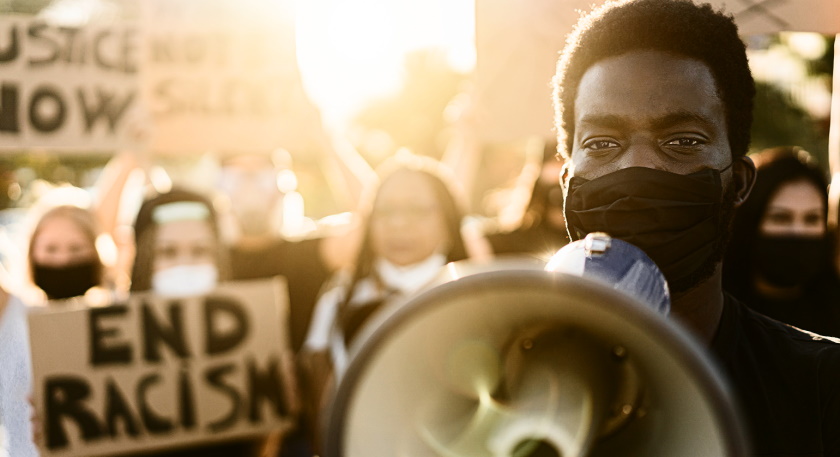
Racism is a prominent issue in today’s society, and there are many different ways to define it. Some people may say that racism is the belief that one race of people is superior to another. Others might say that racism involves treating someone differently because of their race or discriminating against them based on the color of their skin. In addition to these definitions, there are also other types of racism, such as institutionalized or systemic racism, which anyone can practice regardless of personal beliefs about races. The effects from all forms have been proven harmful for social functioning among individuals and groups alike.
Racism is a prevalent form of discrimination in the United States, and it has negative consequences for social functioning. For example, a study examined how racism affects interracial interactions and subsequent group cohesion with white British participants who were told they would engage with black or white partners. After engaging in this task together as a group, researchers found that participants reported lower levels of cohesion when paired with a black person than if they had been paired with a white person. Furthermore, those who experienced low cohesion after being partnered with someone from another race also experienced greater anxiety during their interaction than those who felt more cohesive about their partner. This suggests that racism can have detrimental effects.

The traumatic impact of racism and discrimination
Racism is an incredibly prevalent issue in today’s society. Despite this, many people are unaware of the negative effects that racism has on their social life and well-being. The following will explore these consequences related to interpersonal interactions with others from different races, group dynamics within a race, and one’s personal views on themselves and genders/races other than their own.
Racism is a widespread problem that has been plaguing the United States for centuries. Although it may seem like this issue is fading, racism is still alive and well in our society today. Unfortunately, many people are unaware of their racist views and actions because they have subconsciously developed these opinions. This can be harmful to social function when one does not realize how their words or actions affect others negatively. However, there are ways to reduce racism in our everyday lives and hopefully end this longstanding issue once and for all.
 Social inequality and racial discrimination
Social inequality and racial discrimination
Racism is a pervasive problem in American society, and it has been around since the beginning of our country’s history. It has been linked to many negative outcomes such as decreased life expectancy for African Americans, lower wages and increased incarceration rates among Latinos, higher infant mortality rates for Native Americans living on reservations, reduced access to health care for Asian immigrants, and lower self-esteem among black women. Racism also affects social functioning by decreasing trust between racial groups. The effects of racism are experienced across the entire population – from individual victims who experience discrimination at an interpersonal level to institutions that perpetuate discriminatory practices that affect large numbers of people. These effects extend beyond race alone.



